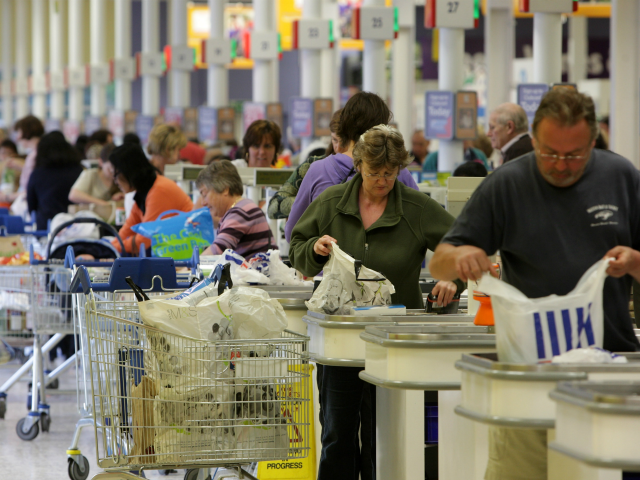Britons are feeling the most optimistic in their domestic financial wellbeing for 11 years, in the latest sign of confidence since Boris Johnson won the election and the UK left the EU.
IHS Markit Household Finance Index, which measures a household’s perception of financial health, rose from 44.6 in January to 47.6 in February, the highest since IHS Market started to record the data in 2009.
The Future Household Finance Index, which measures the expected change in a household’s fiscal wellbeing over the coming year, tipped over the 50.0 mark from 49.6 last month to 52.7 this month, according to The Guardian. That figure surpassed the last peak in January 2015.
IHM Markit, a London-based global information provider, also found in its survey that households had lower pessimism about job security this month, with expectations on the cost of living also improving.
Mark Futcher, the head of workplace wealth at investment consultancy group Barnett Waddingham, said in comments reported by City A.M.: “It’s a breath of fresh air to see financial wellbeing at survey-record high. In the post-election and post-Brexit environment, people are standing on steadier ground for their financial future.”
The feel-good factor comes after Britain registered record levels of economic and employment prosperity since the UK voted to leave the EU in 2016.
In November, the UK economy counted 13 quarters of growth since the Brexit referendum, outperforming the eurozone as a whole and Germany –the EU’s largest economy — in particular.
While in mid-December — after the Conservatives won an 80-seat majority — the UK reported record jobs numbers, with 76.2 per cent of the population employed. That record was bested in January, with 76.3 per cent employed, while the unemployment rate held its recorded low of 3.8 per cent, its lowest rate since 1975, according to the Office for National Statistics.
Employment minister Mims Davies said last month: “This, coupled with business confidence turning a corner, is paving the way for an even stronger jobs market in 2020.”
The government also revealed in early January that it was set to increase the national living wage (the term used to describe the national minimum wage for workers aged 25 and over), in what the government described at “the biggest cash increase ever”. It is set to rise by 6.2 per cent — four times the rate of inflation — in April to £8.72 an hour.
“Our people’s pay rise will put more money into the pockets of millions of hard-working Brits across the country – but we won’t stop there. We want to make the UK the first country in the world to eliminate low pay in the next five years,” Andrea Leadsom, the then-Secretary of State for Business, Energy, and Industrial Strategy, had said.

COMMENTS
Please let us know if you're having issues with commenting.